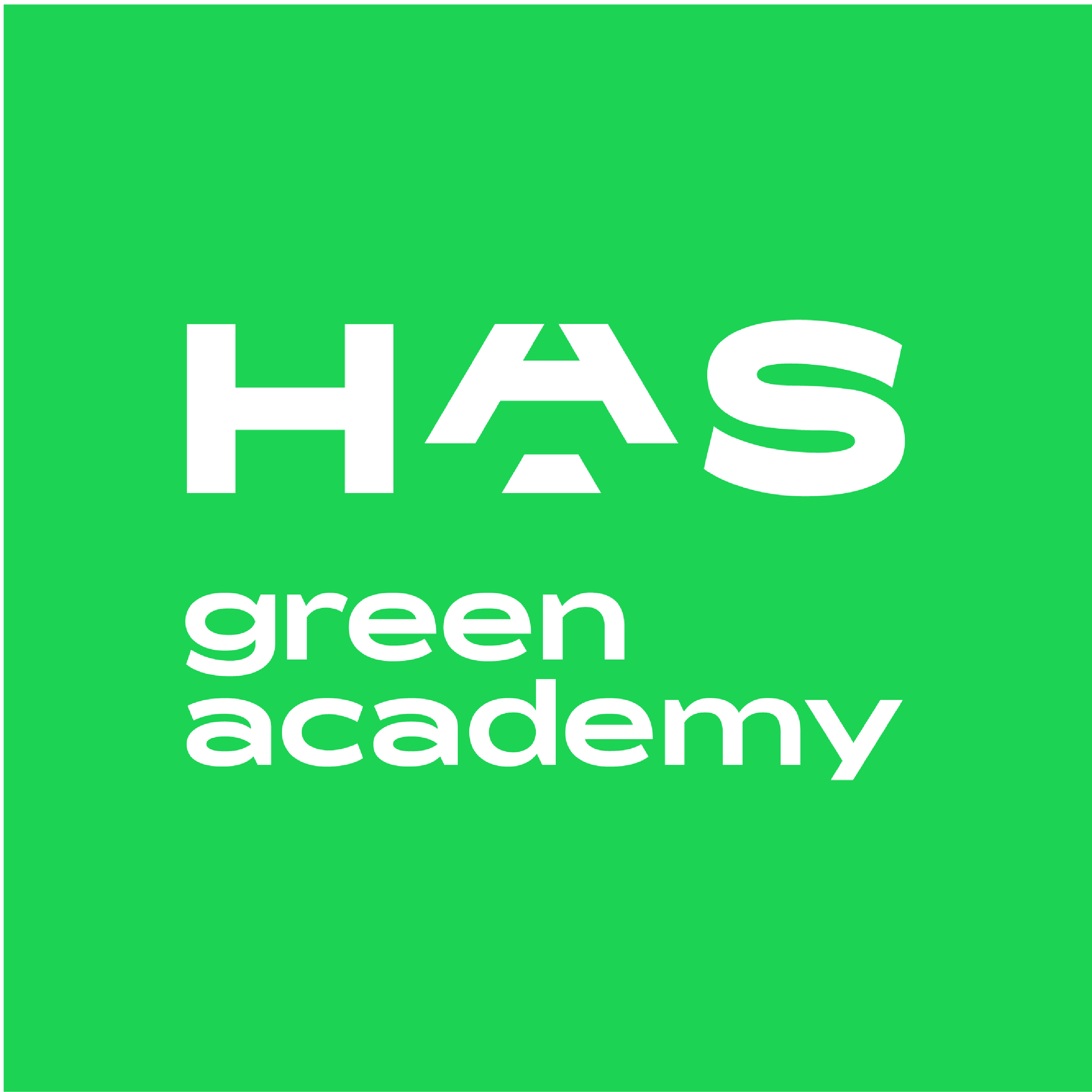De vergrijzing neemt toe en een van de belangrijkste zorguitdagingen die daarmee gepaard gaat, is de toenemende prevalentie en incidentie van fysieke en cognitieve beperkingen van oudere volwassenen. Deze fysieke beperkingen hebben grote invloed op de zelfredzaamheid en vergroten de kans op ziekten, vallen en institutionalisering. De belangrijkste oorzaken zijn onder andere sarcopenie, ondervoeding, osteoporose, neurologische aandoeningen en metabole ziekten zoals obesitas en diabetes type 2. Voeding speelt een essentiële rol in het voorkomen en behandelen van deze leeftijdgerelateerde aandoeningen. Voedingsstoffen kunnen op zichzelf invloed hebben op gezondheid of ziekte, maar ook het belang van voedingspatronen en daarbij behorende voedingskeuzes wordt de laatste jaren steeds meer onderzocht. Tevens is er een duidelijke interactie tussen voeding en beweging in de preventie en behandeling van oudere volwassen. Zo is de invloed van adequate eiwitinname bevestigd op krachttraining bij kwetsbare senioren. De laatste jaren is de interdisciplinaire samenwerking tussen de fysiotherapeut/kinesitherapeut en diëtist toegenomen. Deze samenwerking lijkt juist bij de populatie oudere volwassen waardevol en behoeft daarom meer aandacht bij geriatrische professionals. Zeker gezien het synergetische effect op verschillende gezondheidsuitkomsten.
DOCUMENT
‘Wat is gezonde voeding?’ Deze vraag wordt steeds vaker gesteld, zowel in de media als op het diëtistisch spreekuur. Bij het beantwoorden van deze vraag wijzen invloedrijke critici de autoriteit van de wetenschap af. Waarom wantrouwen mensen wetenschappelijke antwoorden? Waarom moet de diëtist uitleggen dat hij of zij de onderzoeken van de Gezondheidsraad volgt? Waarom zijn de adviezen van het Voedingscentrum problematisch geworden? LinkedIn: https://www.linkedin.com/in/matthijs-fleurke-66279110/ https://www.linkedin.com/in/dorien-voskuil-9b27b115/
DOCUMENT

Cliënten, hun naasten en voedingsprofessionals (diëtisten en voedingskundigen) worden geconfronteerd met technologieën gericht op het verbeteren of behouden van gezondheid en/of kwaliteit van leven. Technologieën worden tevens ingezet om de efficiëntie en/of kosteneffectiviteit van zorg te verbeteren. Voorbeelden hiervan zijn beeldschermzorg en ziekte specifieke apps voor de smartphone. De perspectieven van alle betrokkenen in een praktijksituatie in de gezondheidszorg bepalen hoe technologieën gebruikt worden. In dit hoofdstuk worden verschillende perspectieven op technologie, gezondheid en zorg bediscussieerd en worden dilemma’s beschreven die hieruit kunnen ontstaan. Theorie en praktijk tonen het belang van bewust nadenken over de eigen, persoonlijke perspectieven op technologie, gezondheid, voeding en zorg en over perspectieven van anderen. Conclusie: diëtisten en voedingskundigen hebben de verantwoordelijkheid om sensitiviteit te ontwikkelen voor potentiële dilemma’s bij het gebruik van technologieën om daar in de praktijk zorgvuldig mee om te gaan.
DOCUMENT

Along with the rapidly growing number of disabled people participating in competitive sports, there is an increased need for (para)medical support in disability sports. Disabled athletes experience differences in body composition, metabolism, training load and habitual activity patterns compared with non-disabled athletes. Moreover, it has been suggested that the well-recognized athlete triad, and low energy availability and low bone mineral density in particular, is even a greater challenge in disabled athletes. Therefore, it is not surprising that sport nutritionists of disabled athletes have expressed an urgency for increased knowledge and insights on the nutritional demands of this group. This project aims to investigate energy expenditure, dietary intake, body composition and bone health of disabled athletes, ultimately leading to nutritional guidelines that promote health and optimal sports performance for this unique population. For this purpose, we will conduct a series of studies and implementation activities that are inter-related and build on the latest insights from sports practice, technology and science. Our international consortium is highly qualified to achieve this goal. It consists of knowledge institutes including world-leading experts in sport and nutrition research, complemented with practical insights from nutritionists working with disabled athletes and the involvement of athletes and teams through the Dutch and Norwegian Olympic committees. The international collaboration, which is a clear strength of this project, is not only focused on research, but also on the optimization of professional practice and educational activities. In this regard, the outcomes of this project will be directly available for practical use by the (para)medical staff working with disabled athletes, and will be extensively communicated to sport teams to ensure that the new insights are directly embedded into daily practice. The project outcomes will also be incorporated in educational activities for dietetics and sport and exercise students, thereby increasing knowledge of future practitioners.
Lectoraat, onderdeel van HAS green academy
